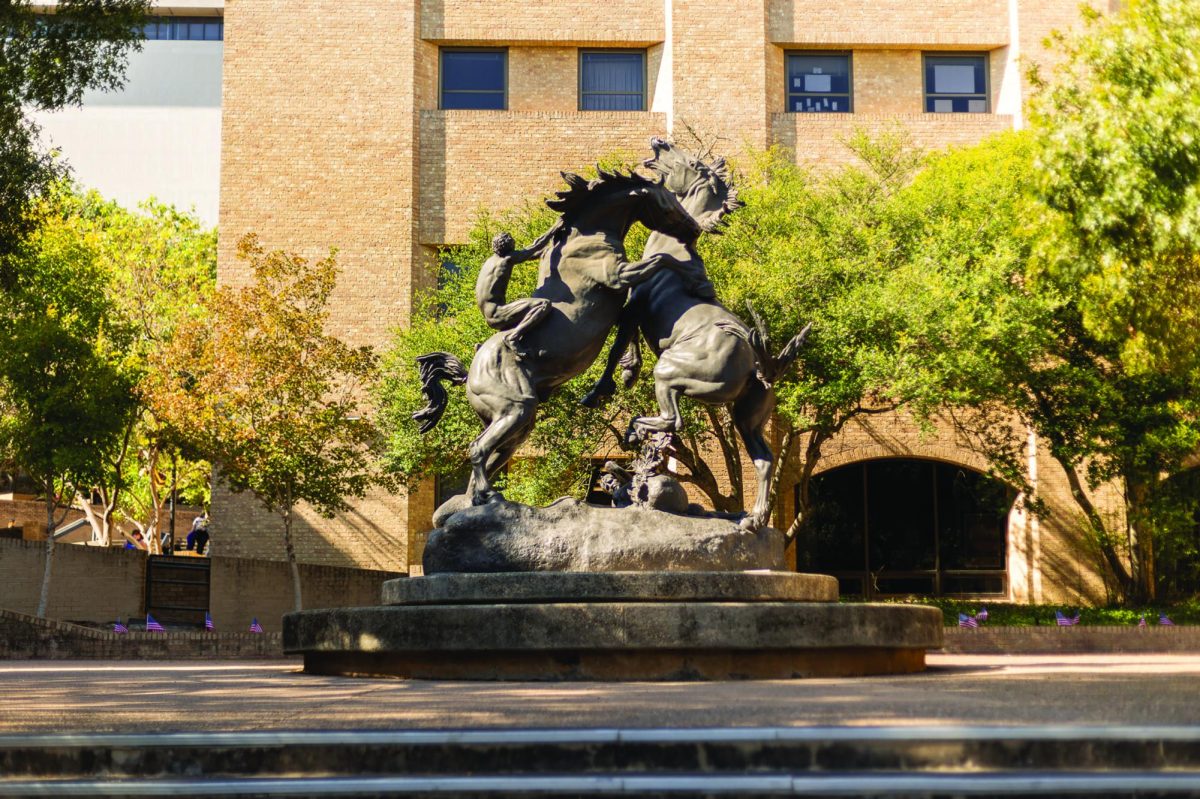By Jim Blackburn
In 2015, the Texas Legislature gave the Barton Springs Edwards Aquifer Conservation District additional territory and responsibility for regulating groundwater withdrawal from the Trinity Aquifer in a portion of Hays County. It is important to know the District protects Barton Springs, which, during drought, is sustained by Trinity Aquifer groundwater.
The Trinity Edwards Springs Protection Association (TESPA) and the Hays County community are concerned about how the District is interpreting this new responsibility of managing the Trinity Aquifer. Based on recent decision-making, it appears the District is more concerned with avoiding a legal fight with permit applicants than with actually regulating groundwater production. This should worry the citizens of Austin, Hays County and Hill Country.
Those of us living west of IH-35 share an intrinsic connection through the karst limestone lying below us. The porous substrate welcomes the rain, stores it and slowly gives it back through seeps and springs that are the very heart and soul of the Hill Country. Excessive groundwater withdrawals are threatening these seeps and springs; we are in grave danger of losing them.
An obscene, illogical groundwater permit application to pump almost a billion gallons of groundwater a year from the Trinity Aquifer near Driftwood is currently being pursued by a private company, Electro Purification (EP). TESPA, Hays County and a number of private landowners are fighting it with all our might. EP’s intention is to sell this groundwater to the Goforth Special Utility District in eastern Hays County.
Our expert has testified that after pumping this volume of water for seven years, the drawdown at Jacob’s Well, 5.5-miles away, will be approximately 140 feet. It is a well-established fact Jacob’s Well will stop flowing after only a few feet of drawdown.
Jacob’s Well is the source water for Cypress Creek, which runs through downtown Wimberley and into the Blanco River. It is a centerpiece of Hays County recreation investment and economy.
Equally alarming, EP will impact hundreds of landowners’ household wells. After seven years of pumping at the full permit volume, wells will be drawn down as far as five miles away from the EP well field. The drawdown varies in the Cow Creek formation of the Trinity Aquifer from 360 feet at one mile away (about 76% of a well’s water column) to 140 feet at five miles away (about 30% of the water column). This is unacceptable and just wrong.
No single landowner should be able to harm neighbors and kill springs in this way. No reasonable interpretation of property rights allows this to happen. The damage will be felt from Wimberley to Dripping Springs and to the outskirts of Kyle and San Marcos—an area of more than 78 square miles. One applicant should not be given the right to drain the aquifer we all share.
This could be the result of BSEACD’s proposed action, which is to issue EP’s full permit with some safeguards. However, an alternative does exist. District staff has determined if pumping were permitted at 250,000 gallons per day (rather than 2.5 million gallons per day), negative impacts would not occur.
TESPA’s key question is this: “Why must a permit be issued for the full amount requested when we know it will cause disastrous impacts?”
The point here is vitally important. The District must protect all of us. It is not their job to please a private applicant but to regulate groundwater; they have the legal authority to do so.
We understand Texas groundwater law is complicated. Both the applicant and the adjacent landowners have property rights in the groundwater. The District’s regulatory responsibility requires fairness and balance, not capitulation. As we see it now, the District is capitulating and acting in opposition to the community it is obligated to protect.
The Barton Springs Edwards Aquifer Conservation District is on the verge of making decisions setting a dangerous precedent for how groundwater will be managed in Hays County. These decisions will not only impact Jacob’s Well, Cypress Creek, the Blanco River and Barton Springs, but everyone’s groundwater rights.
We want the District to use its authority to regulate in a way protecting all of us who depend on the aquifer—and to protect the groundwater, not the groundwater district. In this, we all will benefit.
Jim Blackburn of Houston and Wimberley, Texas, is board chair of TESPA, Professor in the Practice of Environmental Law at Rice University and Rice Faculty Scholar at the Baker Institute.
Categories:
Our groundwater conservation district can, and must, protect all of you
November 5, 2019

uStarlogo
0
Donate to The University Star
Your donation will support the student journalists of Texas State University. Your contribution will allow us to purchase equipment and cover our annual website hosting costs.
More to Discover










